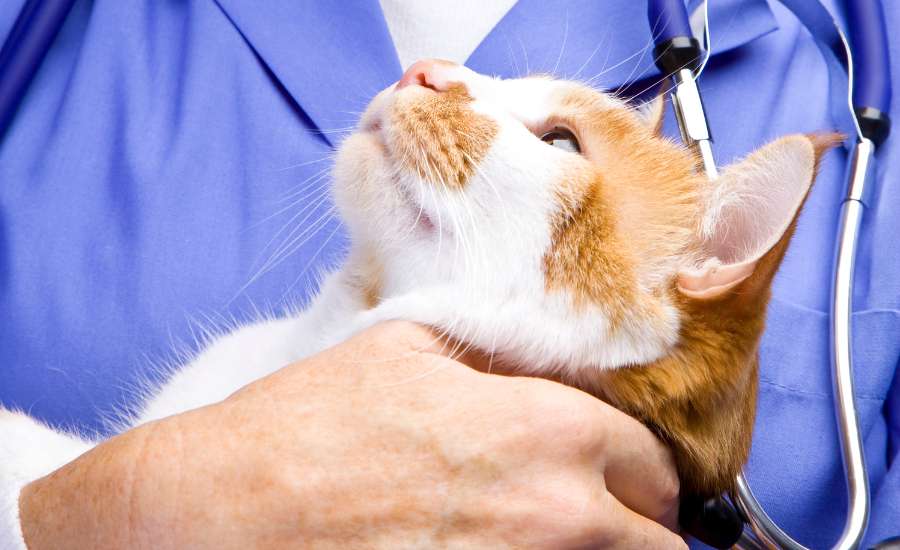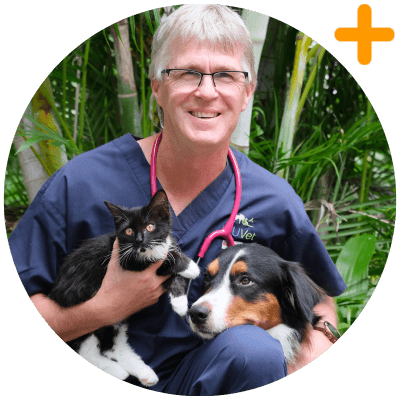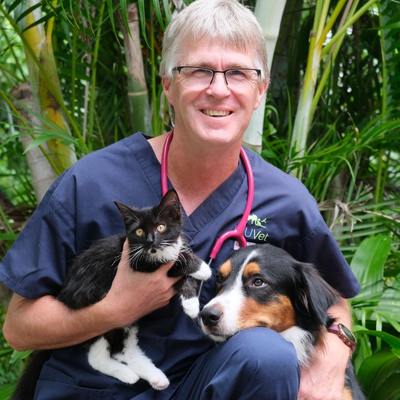On-demand Course
Updates in Fluid Therapy
This special fluid therapy masterclass online course for veterinarians will present the latest updates on fluid therapy in the dog and cat - including the latest on the role of the glycocalyx and systemic illness on fluid therapy, how to assess volume-responsiveness and much more.
- 8 Structured CPD Points
- RACE Non-Interactive CE
- Ideal for Veterinarians
- 4 Months Access
10% early bird discount

COURSE FEE
AUD 299
Training 5 or more people?
Enroll 5 or more members of your practice and avail a special discount on the course fee!
This course includes:
- 4-month access to your course! Sign up now, and get 120 days to complete your course!
- Course ebook: your course notes are provided in a convenient pdf ebook that you can download to your device - meaning your notes will be wherever you are!
- Extra resources: your course notes are just the beginning. We have provided extra reading materials, journal articles, and other information to enhance your learning experience.
- Tutorial Recordings: we have made available, recordings from live tutorials held during the 2023 synchronous version of this course. Simply click on the link to either view or download the MP4 recording to your computer or device!
- Quiz assessment: To help enhance your learning experience, there is a timed quiz for you to take. You can take the quiz at any time over the 6 weeks you have course access.
- CPD certificate: On successful completion of your course quiz, you can download your RACE-approved CPD certificate - so you get the CPD credit you deserve.
What you'll learn
We’ll update how to develop an effective fluid therapy plan, review the use of synthetic colloids and blood products in various disease states, and use case examples to illustrate fluid therapy plans in patients with GDV, head trauma, parvovirus enteritis, heart disease, pneumonia and more!
This week, we’ll review the use of crystalloids, colloids and blood products in the small animal patient, using the most recent published literature available to help us arrive at a formula for developing a safe and effective fluid therapy plan for our patients. We’ll look at evidence behind transfusion triggers, the safety and efficacy of synthetic colloids, and whether we should use them or not, and look at why we should avoid excessive fluid rates in our patients.
This week, we’ll take our learning from week 1, and apply it to real-life cases – including fluid therapy for lung disease, severe gastrointestinal disease, traumatic brain injury, sepsis and much more – all with the aim of providing safe and effective fluid therapy to our patients, whilst minimising adverse side effects.
Speaker
Course Reviews
"Hello Phil and thank you so much for another wonderful course! I really enjoy learning from you - your teaching technique is fabulous and the resources and notes you provide are just so informative!"
"Thanks so much for all your advice and teaching. With so much information around these days, your evidence-based clarification goes a long way! You and your work are very valued at this practice."
"Thank you for your wonderful resources and course. It is fantastic to be able to access it in such a flexible manner. I got a lot out of your notes, presentations and extras that I will refer to often in my work."
"I want to acknowledge and thank you for the tremendous amount of quality information you have imparted to us during this course."
Don't miss out on this exciting learning opportunity!
10% early bird discount

COURSE FEE
AUD 299
Training 5 or more people?
Enroll 5 or more members of your practice and avail a special discount on the course fee!


